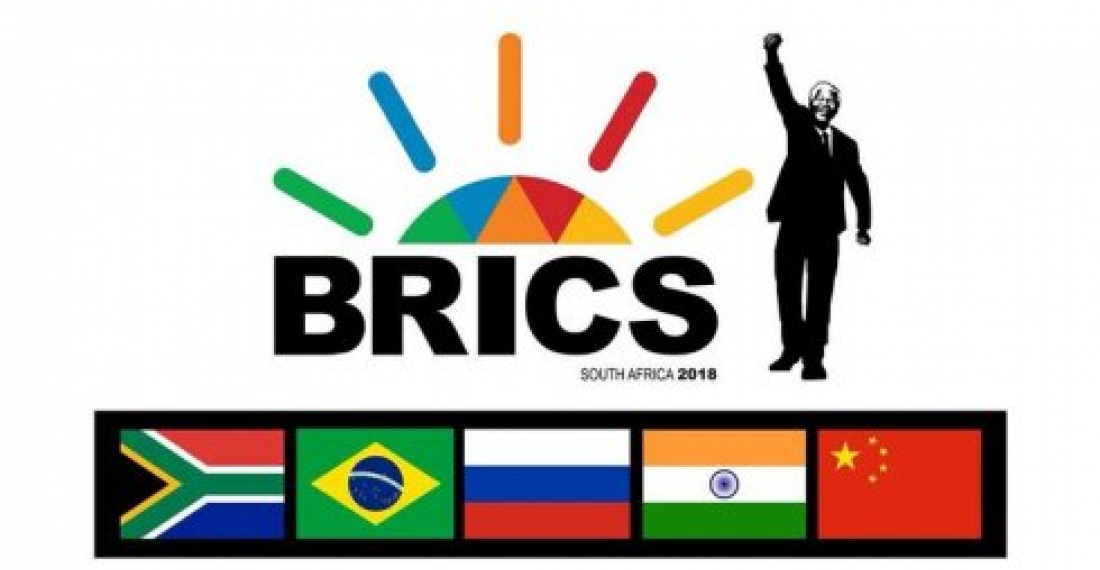Накануне саммита пяти стран БРИКС в Южной Африке министр иностранных дел России Сергей Лавров предположил, что это группа стран должна иметь внешний круг. В настоящее время членами BRICS являются Бразилия, Россия, Индия, Китай и Южная Африка. Лавров сказал, что они будут развивать взаимодействие с другими интеграционными объединениями и консолидировать позиции в международных организациях для выступления единым фронтом.
В статье, опубликованной в южноафриканском журнале Ubuntu по случаю 10-го саммита БРИКС в Йоханнесбурге (25-27 июля) Лавров сказал:
"Приветствуем решение председательства пригласить в Йоханнесбург и других друзей "пятерки" из разных уголков мира, которые возглавляют влиятельные интеграционные объединения. Таким образом реализуется на практике одобренная нашими лидерами в [китайском] Сямэне концепция "БРИКС плюс", - указал он. - Мы расширяем глобальный охват "пятёрки", формируем внешний круг наших единомышленников. В этом контексте она обладает хорошим потенциалом с тем, чтобы выступить уникальной площадкой для гибкого сопряжения различных интеграционных процессов. Россия последовательно выступает за наращивание координации "пятерки" на ключевых международных площадках - в ООН, в Группе двадцати, Всемирной торговой организации, Международном валютном фонде, Всемирном банке, других многосторонних организациях и форумах, - отметил он. - Когда участники объединения говорят единым и сильным голосом по ключевым вопросам глобальной политики и экономики, к нему прислушиваются и другие страны".
По словам Лаврова, БРИКС привлекает партнеров своей открытостью к конструктивному сотрудничеству и "безупречным уважением к Уставу Организации Объединенных Наций и основным принципам международного права, включая суверенное равенство государств, приверженность центральной роли ООН и неделимости безопасности".
источник: commonspace.eu по материалам агентств






